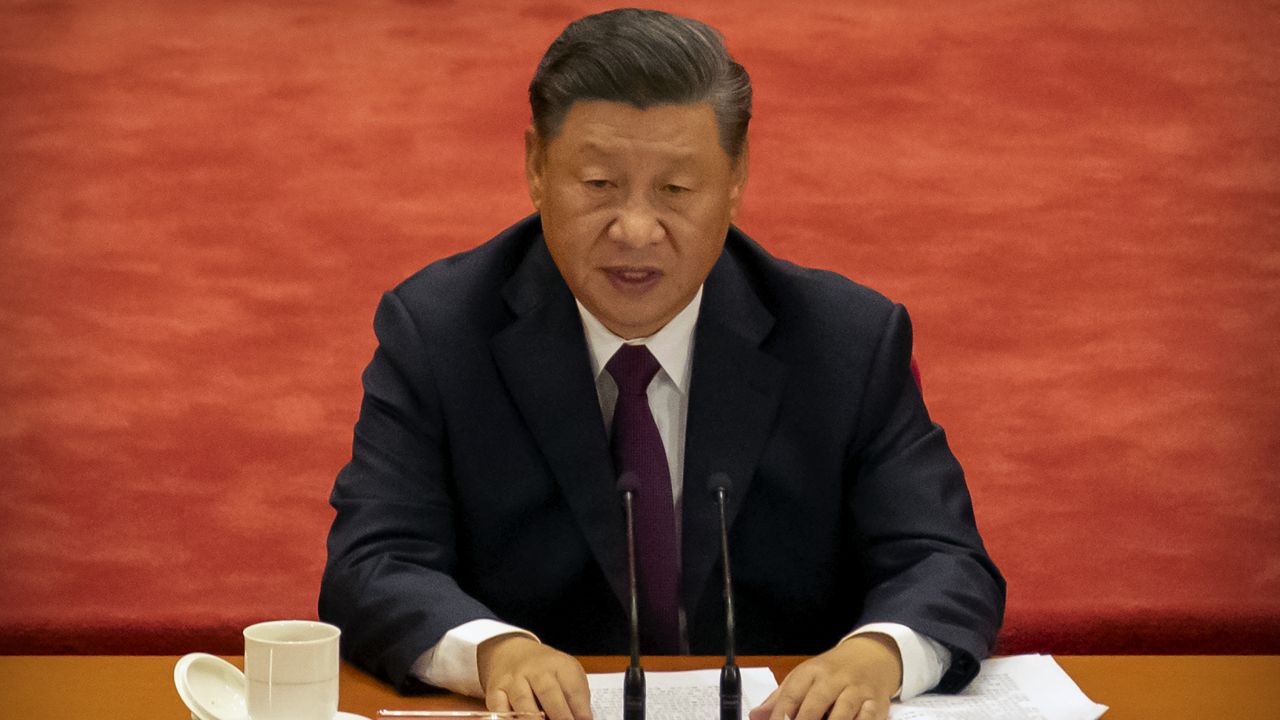BEIJING — China has ordered six U.S.-based news media to file detailed information about their operations in China the latest volley in a monthslong battle with the Trump administration.
A foreign ministry statement issued late Monday demanded that the bureaus of ABC, The Los Angeles Times, Minnesota Public Radio, the Bureau of National Affairs, Newsweek and Feature Story News declare information about their staff, finances, operations and real estate in China within seven days.
The announcement came five days after U.S. Secretary of State Mike Pompeo said six Chinese media would have to register as foreign missions, which requires them to file similar information with the U.S. government.
The measures announced by Secretary of State Mike Pompeo last Wednesday targeted Yicai Global, Jiefang Daily, Xinmin Evening News, Social Sciences in China Press, Beijing Review, and Economic Daily by requiring them to register as foreign missions, a step that includes making them identify their employees.
“They are all substantially owned or controlled by a foreign government,” Pompeo told reporters at a State Department news conference. “We’re not placing any restrictions on what these outlets can publish in the United States. We simply want to ensure that American people, consumers of information, can differentiate between news written by a free press and propaganda distributed by the Chinese Communist Party itself. They are not the same thing.”
So far this year, the U.S. has designated 15 Chinese media outlets as foreign missions. Before last week, those included the Xinhua News Agency, China Global Television Network, China Radio International, China Daily Distribution Corporation, Hai Tian Development USA, China Central Television, China News Service, the People’s Daily, and the Global Times newspaper.
Each time, China has responded by forcing a similar number of U.S. media to file about their operations.
The ministry statement said China was compelled to take the step “in response to the unreasonable oppression the Chinese media organizations experience in the United States.”
The media is one of several areas of growing tension between the two countries as the Trump administration ramps up pressure on China over trade, technology, defense and human rights.
Since the beginning of the year, the administration has closed China’s consulate in Houston, indicted several Chinese citizens on espionage charges, imposed strict limits on the travel of Chinese diplomats, restricted the number of Chinese journalists allowed in the U.S. and issued stern warnings to American academic and scientific institutions over the influence of Confucius Institutes that promote educational and cultural links. Chinese state media and the Confucius Institutes have also been required to register as officials foreign government missions.
China responded in part by shuttering the U.S. consulate in the southwestern city of Chengdu.
The Associated Press contributed to this report.



